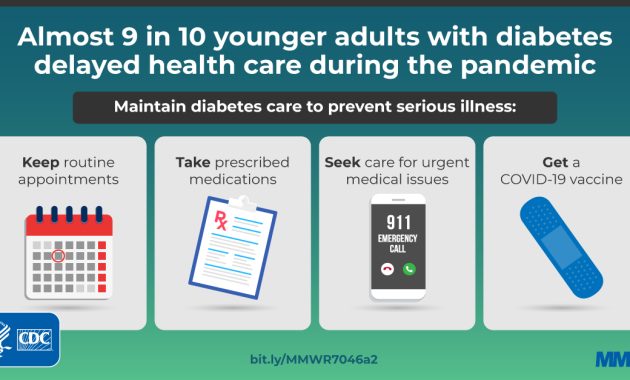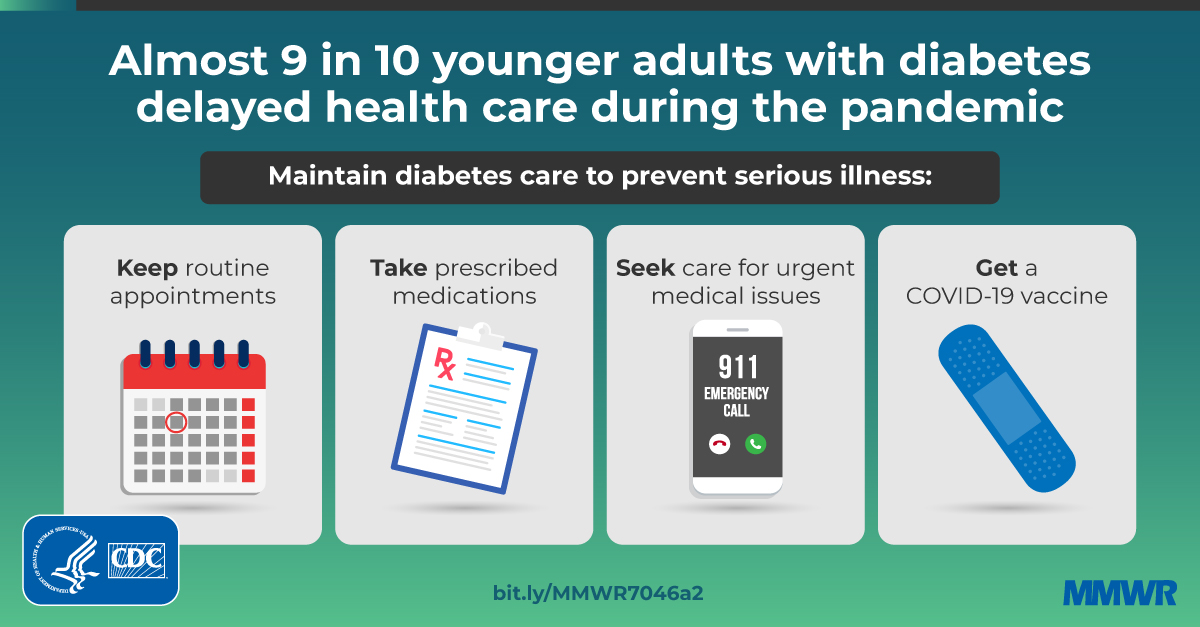
How to Use Journaling to Track Diabetes Health: A Comprehensive Guide
Managing diabetes is a daily commitment. It requires careful attention to diet, exercise, medication, and blood sugar levels. One powerful tool often overlooked is journaling. Journaling offers a unique perspective on diabetes management. It helps individuals gain control over their health. This guide explores how to use journaling to track diabetes health effectively. It provides practical tips and insights.
The Power of Journaling in Diabetes Management
Journaling is more than just writing down facts. It’s a form of self-reflection. It helps individuals understand their bodies and their diabetes. It allows you to see patterns. You can identify triggers. You can celebrate successes. Regular journaling promotes self-awareness. This awareness is crucial for effective diabetes management. It empowers individuals to make informed decisions. These decisions directly impact their health.
Getting Started: Essential Elements of a Diabetes Journal
Starting a diabetes journal is simple. You don’t need fancy equipment. A notebook and pen are sufficient. You can also use digital tools like apps or spreadsheets. The key is consistency. Here’s what to include:
- Blood Sugar Readings: Record your blood sugar levels. Include the time of day and the reading. Note any symptoms you experienced.
- Medication: Document the type and dosage of your medication. Note the time you took it. Indicate if you missed a dose.
- Food Intake: Keep a detailed record of your meals and snacks. Include portion sizes and carbohydrate counts. Note any reactions or cravings.
- Exercise: Log your physical activity. Include the type, duration, and intensity. Note how you felt before, during, and after exercise.
- Other Factors: Note any other relevant information. This includes stress levels, sleep quality, and illness. Also, include any other factors that might affect your blood sugar.
Tracking Blood Sugar and Medications
Blood sugar readings are the cornerstone of diabetes management. Your journal should include these readings. Record them before meals, after meals, and at bedtime. Note any trends or fluctuations. Compare them to your target ranges. Also, record all medications taken. This includes dosage and time of administration. This helps you track adherence. It can also identify potential medication-related issues.
Documenting Diet and Exercise
Diet and exercise play a vital role in managing diabetes. Your journal should reflect this. Record everything you eat. This includes portion sizes and carbohydrate counts. Note any effects on your blood sugar. Log your exercise routine. This includes the type, duration, and intensity of the activity. Note how exercise impacts your blood sugar levels. This information helps you fine-tune your diet and exercise plan.
Identifying Patterns and Triggers
One of the most significant benefits of journaling is identifying patterns. Review your journal regularly. Look for trends in your blood sugar levels. Identify foods that cause spikes. Recognize activities that lower your levels. Pinpoint times of day when your readings are consistently high or low. This information helps you adjust your routine. It helps you manage your diabetes more effectively. Identifying triggers is a key benefit. For example, stress can often impact blood sugar.
Using Journaling to Improve Your Health
Journaling is a powerful tool for improving your health. It promotes self-awareness. It allows you to identify areas for improvement. It helps you make informed decisions about your lifestyle. Use your journal to set goals. Track your progress. Celebrate your successes. This process can motivate you. It can help you stay on track with your diabetes management plan. How to use journaling to track diabetes health effectively is a question of consistency. It is also about self-reflection.
Tips for Effective Diabetes Journaling
To maximize the benefits of journaling, consider these tips:
- Be Consistent: Journal regularly, ideally every day. This allows you to capture a complete picture of your health.
- Be Detailed: Include as much information as possible. The more data you collect, the better.
- Be Honest: Don’t be afraid to write down everything. Even if it’s not what you want to see.
- Review Regularly: Set aside time each week to review your journal. Look for patterns and insights.
- Share with Your Healthcare Team: Bring your journal to your appointments. This enables your doctor to provide better care.
Digital Tools and Apps for Diabetes Journaling
Several digital tools and apps can simplify diabetes journaling. Many blood glucose meters sync with apps. These apps automatically record your readings. Some apps also allow you to track food intake. They can also track exercise. Popular apps include MyFitnessPal, Glucose Buddy, and OneTouch Reveal. These tools offer convenience and ease of use. They can also generate reports. These reports are useful for your healthcare team.
Integrating Journaling with Other Diabetes Management Strategies
Journaling complements other diabetes management strategies. It works well with diet. It works well with exercise. It works well with medication. Combine journaling with regular check-ups. This will help you get the best results. Consider joining a support group. These groups offer encouragement and advice. Talk to a diabetes educator. They can provide personalized guidance. They can help you optimize your journal.
Addressing Common Challenges
Some individuals find journaling challenging. It requires time and discipline. Here are some tips to overcome common challenges:
- Start Small: Begin by journaling a few key entries. Gradually add more details over time.
- Set Realistic Goals: Don’t try to do too much at once. Focus on consistency.
- Find a System That Works: Experiment with different methods until you find one that fits your lifestyle.
- Don’t Give Up: Everyone misses entries sometimes. Just get back on track as soon as possible.
The Benefits of Long-Term Journaling
The benefits of long-term journaling are significant. It helps you gain a deeper understanding of your diabetes. It allows you to make more informed decisions. It improves your overall health and well-being. Over time, you’ll notice improvements. You will see a reduction in complications. You will also experience a better quality of life. How to use journaling to track diabetes health long-term is about building a sustainable habit.
Conclusion: Embracing Journaling for Better Diabetes Health
Journaling is a valuable tool for anyone managing diabetes. It provides a wealth of information. It empowers individuals to take control of their health. By incorporating journaling into your daily routine, you can improve your blood sugar control. You can also enhance your overall well-being. Start today. Embrace the power of journaling. You will be on your way to a healthier life. Remember, how to use journaling to track diabetes health effectively is a journey. It’s not a destination.
How to use journaling to track diabetes health is an important question. It is also about self-care. It is about taking charge of your health. Journaling provides a clear path to do so.
How to use journaling to track diabetes health is a powerful method. It is a tool for empowerment. Start today and take control of your diabetes. Embrace the journey toward better health.
How to use journaling to track diabetes health is a key skill. It helps you understand your body. It provides the tools for better management.
How to use journaling to track diabetes health starts with a simple notebook. It can also be a digital app. Start today and see the benefits.
How to use journaling to track diabetes health will help you improve your health. It also leads to a better quality of life.
How to use journaling to track diabetes health is not just about numbers. It is about your overall well-being.
How to use journaling to track diabetes health can improve your health. It can improve your quality of life.
How to use journaling to track diabetes health is a powerful tool. It is also a great way to monitor your health.
How to use journaling to track diabetes health. Journaling can empower you. It can also help you manage your diabetes effectively.
How to use journaling to track diabetes health is a journey. It is a process of learning. It is also a process of self-discovery.
[See also: Related Article Titles]

